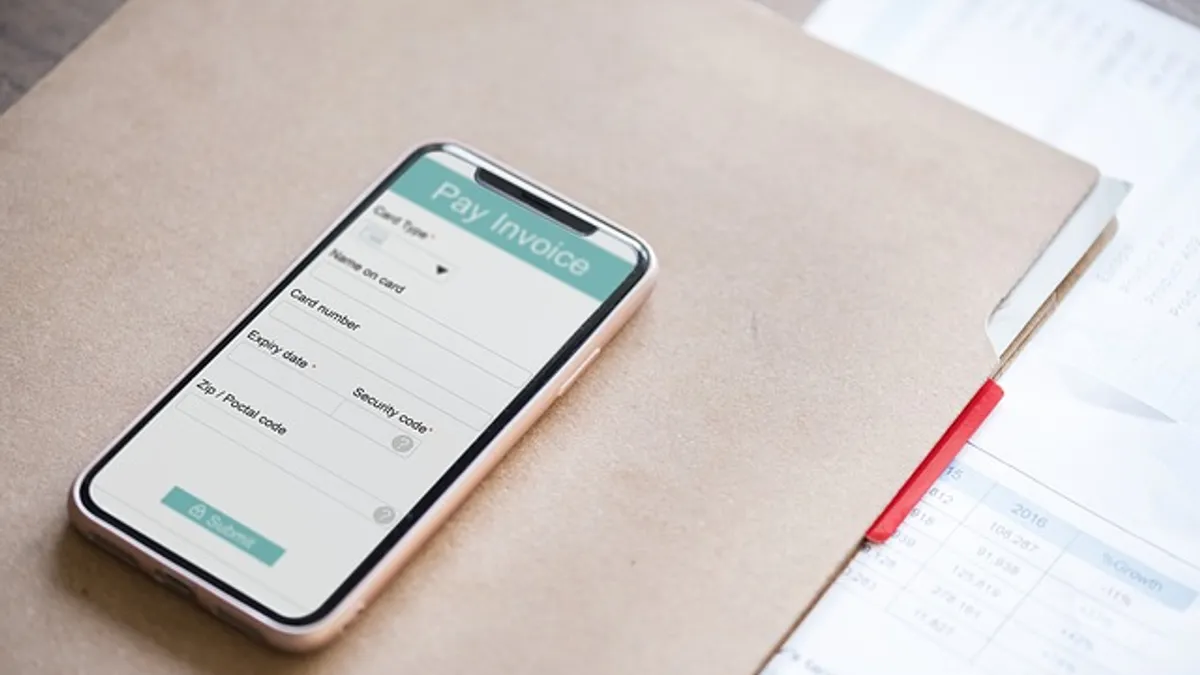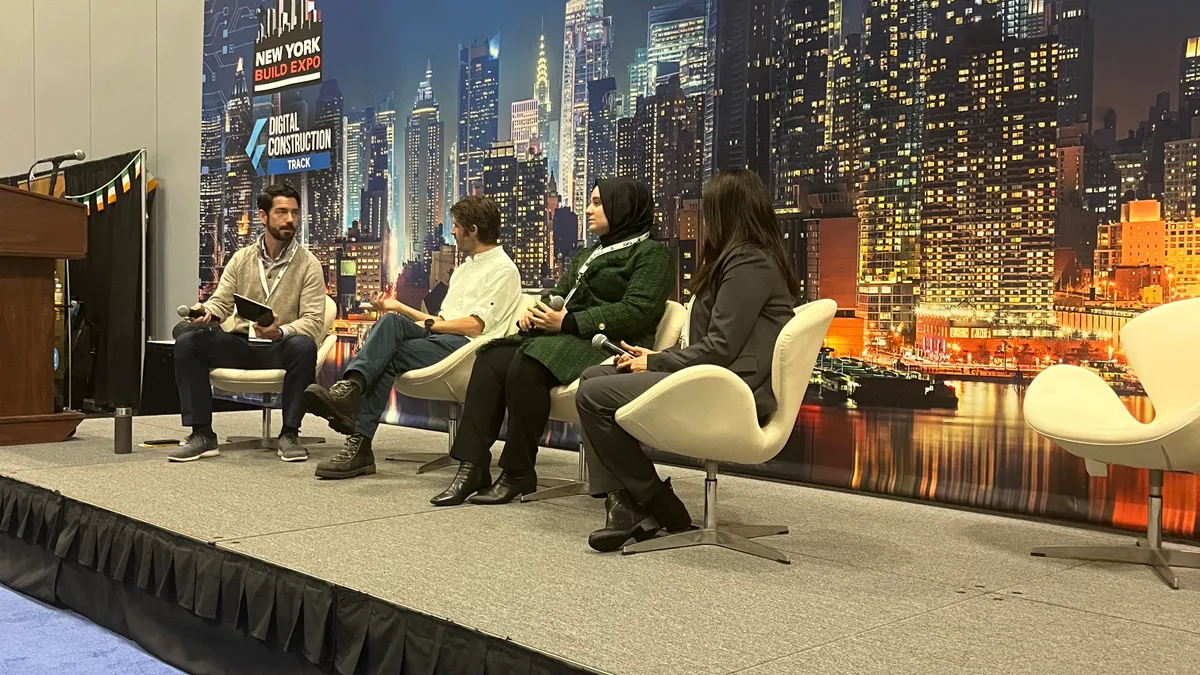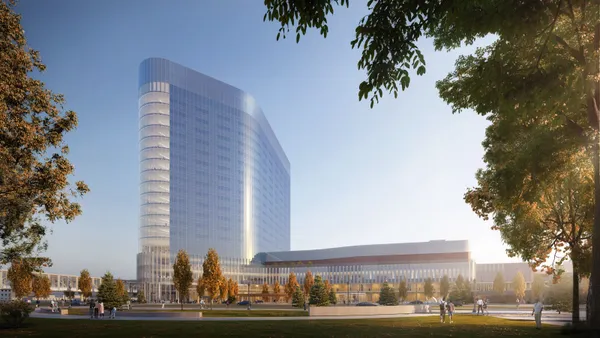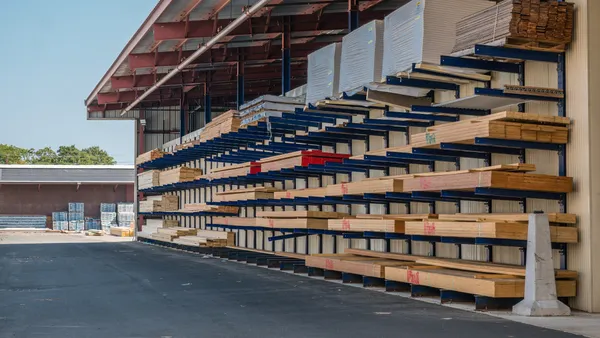Prompt payment has long been a challenge for the construction industry where complex invoicing and weak payment legislation have made it difficult for subcontractors to receive timely payment from their employers.
Traditionally, general contractors rely on a paid-when-paid payment approach, and those who work for them have had little leverage to fight back. Now, an escalating shortage of skilled labor has swung the balance of power, giving subcontractors a newfound foothold to demand prompter pay.
“It’s given subs the leverage they need to choose jobs, being more selective with opportunities that offer reassurance of prompt payment.” said Jim Campbell, Vice President of Construction Sales at AvidXchange, a leading provider of automated accounts payable and payment solutions.
The National Association of Homebuilders now estimates that there are 81 percent more unfilled construction jobs than there were two years ago. Roughly 25 percent of construction firms have had to turn down jobs because they don’t have enough labor to fill them.
The tight market puts pressure on GCs to keep strong relationships with their crews in order to win their loyalty and prevent excessive project delays that could cripple their businesses. What better way to solidify relationships than to deliver prompt payment for work?
The Legal Complexities (and Loopholes) of Prompt Payment
State Legislatures have attempted to address prompt payment to subcontractors, but their efforts have fallen short due to the pragmatic challenges of enforcement and weak remedies. Typically, subcontractors can only receive interest on payments owed. While this may be 1 percent per month, it is only obtained after spending thousands of dollars on legal fees.
Inconsistent legislation at the state level also creates confusion, especially for contractors and subs working across states lines, as each state has different requirements. Employers who understand the legal landscape could take advantage of the legislative inconsistencies and loopholes, confident that they were unlikely to face violations from a workforce that was—until recently—competing for work.
“When negotiating contracts, subcontractors can exert the leverage afforded by the skilled labor shortage to create better payment terms before committing to contract work,” said Steve Smith, managing partner at construction law firm Smith Terry Johnson & Windle Law. “For instance, in addition to prompt payment legislation, in the private sector subs can utilize lien statutes. In the public sector, payment bond statutes are on their side.”
Similarly, subcontractors can negotiate prevailing party attorney’s fees clauses in their subcontracts to ensure full compensation in the event litigation is necessary.
Payment Innovation Eases Process for Payers and Payees, Helping Strengthen Relationships
The prompt delivery of payments is a practical issue that technology can help solve, paving the way to better relationships through smoother payment processes. Payment automation makes it easier for payers to conform to prompt payment legislation and enables their subs to receive faster, more secure payments by aiding in payment execution and operation approvals.
“There’s no more complex invoice than a construction pay app,” said Campbell. “From progress billing to approvals on change orders, retainages, and endless revisions, payment processes for the construction industry are far more difficult than they need to be. Fortunately—for GCs and their subs—payment technology can save a lot of headache, making payments easier for both.”
Automating the payments process with solutions like AvidXchange gives subs an easier way to transfer compliance documents to GCs, and receive faster, more secure and accurate payments. It also enables subs to make their own payments more easily and efficiently. By automating AP and payments, contractors eliminate paper clutter, gain better visibility into payments due and status of pending payments, increase the speed and security of payments, and reap the rewards of easier record-keeping for protection against litigation. Getting paid faster solidifies valuable relationships, building loyalty and trust that helps to fill secure employment on the job sites.
Learn More About Payment Automation
Prompt payment will continue to be a prominent topic in the construction industry, from a practical and a legal standpoint. Fortunately, payment automation technology offers both sides a way to mitigate risk and build stronger ties.
To learn more about pressing legal issues in this industry and the ways payment automation can provide solutions, register for our joint webinar with Smith Terry Johnson & Windle Law.









